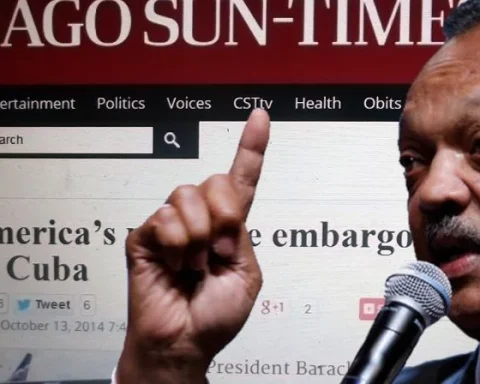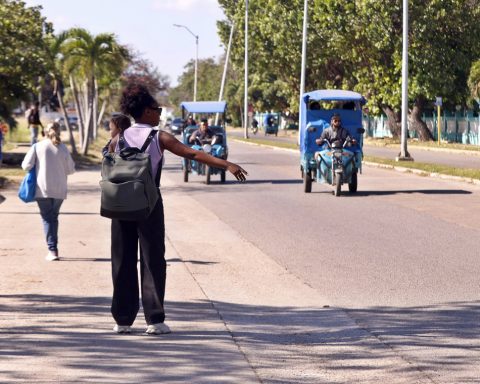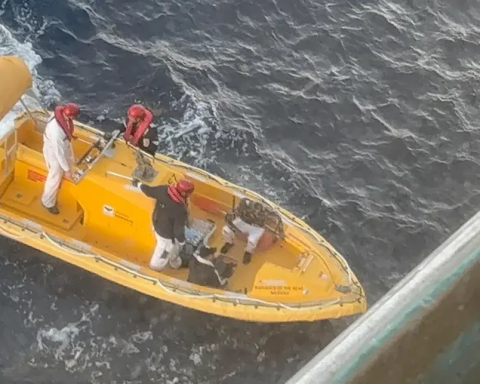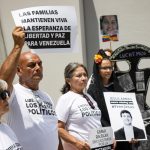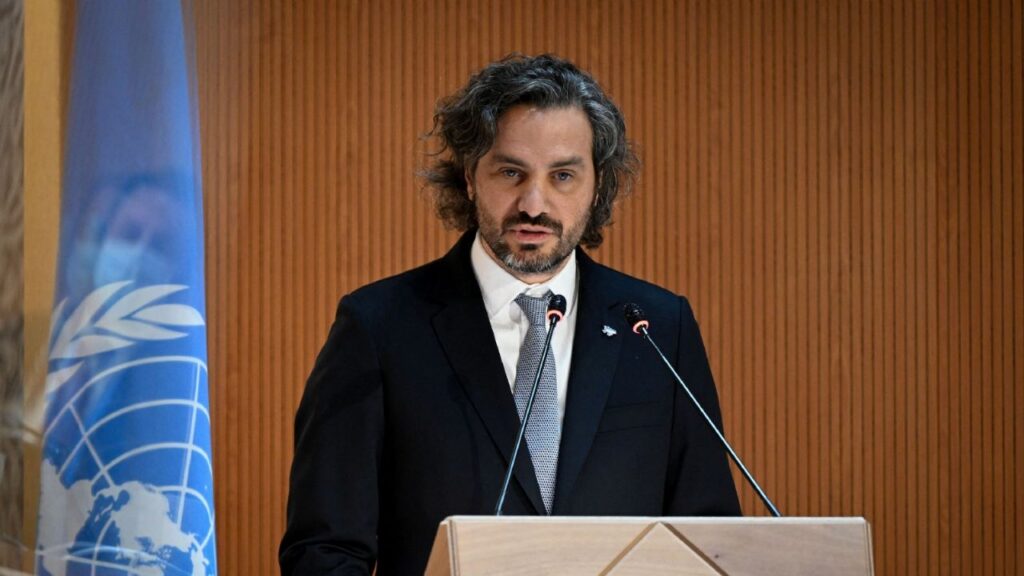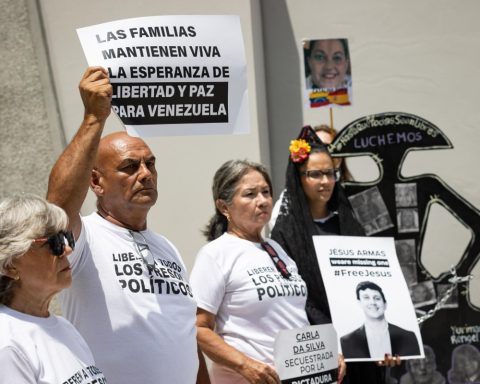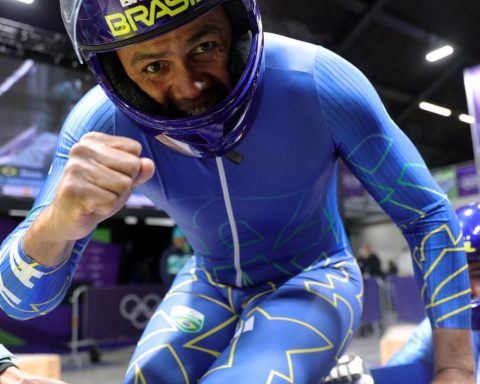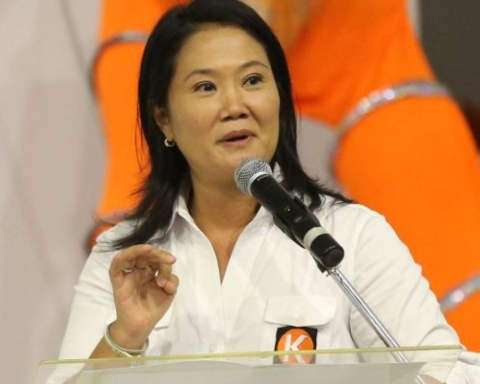Actions to promote comprehensive care for neurodevelopmental disorders in the pediatric population after the health emergency imposed by COVID-19, was one of the results of the meeting held this Tuesday by the First Secretary of the Central Committee of the Party, Miguel Díaz-Canel Bermúdez , with scientists and experts involved in confronting the pandemic.
In the exchange, it was agreed that in the period girls and boys have had less opportunity for the integral development of their personality, due to factors that have limited them in their fundamental activities, such as playing games, studying and relationships with their peers.
The health emergency has caused, for example, that girls and boys do not attend educational settings; have a loss of routines; have been subjected to excessive exposure to screens (television, video games, etc.); in addition to not carrying out social activities and greater exposure to family problems.
The analysis was presented by Dr. Tania Peón Valdés and Yoysy Rondón Acosta, members of the team that leads the project for the Comprehensive Care Service for Neurodevelopmental Disorders at the Borrás-Marfán Pediatric Hospital.
The study has autism spectrum disorders among its axes, in addition to other conditions that manifest for the first time in early stages of development, but can continue until adult life, explained Rondón Acosta.
The general objective of the project, he said, has been the implementation in that hospital of a service with the necessary skills for the comprehensive care of pediatric patients with neurodevelopmental deviations, their families and their community.
The investigation is now advancing in the implementation of a network of centers on a national scale with four regional centers, although Díaz-Canel spoke out for it to be extended to all the provinces at the time, to the extent that the project advances.
The meeting’s agenda also included the discussion of a study that updates the strategies to confront COVID-19 in Cuba, the Americas and the world, which was led by Doctor of Science Pedro Más Bermejo, vice president of the Cuban Society of Hygiene and Epidemiology.
The evaluation demonstrated, once again, the correctness of the measures to face the pandemic in our country, especially obtaining our vaccines and the vaccination strategy.
At the meeting of scientists and experts, as usual, Doctor of Sciences Raúl Ginovart Díaz, dean of the Faculty of Mathematics and Computing at the University of Havana, updated the forecast models for the coming days.
For all the provinces, the slow decrease in the incidence of cases is forecast to continue in the coming days, although for Matanzas, Holguín and Santiago de Cuba, the number of cases is expected to remain high. According to another of the models, those confirmed could be close to 70 daily cases at the end of March and the deceased could be more sporadic.
He pointed out in the conclusions of the presentation that “despite the fact that the models predict the control of the epidemic, we must continue with the sanitary measures and continue applying the booster vaccines. The transmission of the virus will continue in all territories, with a higher incidence from Matanzas to Holguín, so high epidemiological surveillance must be maintained.
The meeting, which was moderated by the Minister of Public Health, José Ángel Portal Miranda, was attended by the member of the Secretariat of the Central Committee of the Party, Jorge Luis Broche Lorenzo, and the Deputy Prime Ministers Inés María Chapman Waugh and Jorge Luis Perdomo Di-Lella. .
UNWANTED PLATEAU
On this Tuesday, the President of the Republic, Miguel Díaz-Canel Bermúdez, also led the meeting of the Government’s temporary working group for the prevention and control of the new coronavirus, which met as always in videoconference format with political authorities and governments of the 15 provinces and the special municipality of Isla de la Juventud.
Dr. José Ángel Portal Miranda, head of the Ministry of Public Health, reported that at the end of last month the intensity of transmission decreased by 67 percent compared to January, and in the first five days of March it continues to drop, averaging 540 cases against 852 at the end of February.
The highest levels of transmission in the current month occur in Holguín, Matanzas, Sancti Spíritus, Ciego de Ávila and Las Tunas, where 59.8 percent of the cases diagnosed in the country are concentrated so far in March.
The First Secretary of the Central Committee of the Party, Miguel Díaz-Canel Bermúdez, reviewed the course of the epidemic in jurisdictions where the behavior continues to be “unfavorable” —when compared with statistics from most of the territories— or in recent days they report a slight increase in positive cases.
Although the trend is downward, we still remain at an unwanted plateau —between 450 and 550 cases—, so we have to improve our work, Díaz-Canel stated in a meeting that was attended by the member of the Political Bureau and Vice President of the Republic, Salvador Valdés Mesa.
In addition, the member of the Secretariat of the Central Committee of the Party, Jorge Luis Broche Lorenzo, and the deputy prime ministers, Commander of the Revolution Ramiro Valdés Menéndez, Inés María Chapman Waugh, Ricardo Cabrisas Ruiz and Jorge Luis Perdomo Di-Lella, as well as ministers, ministers and other managers.


